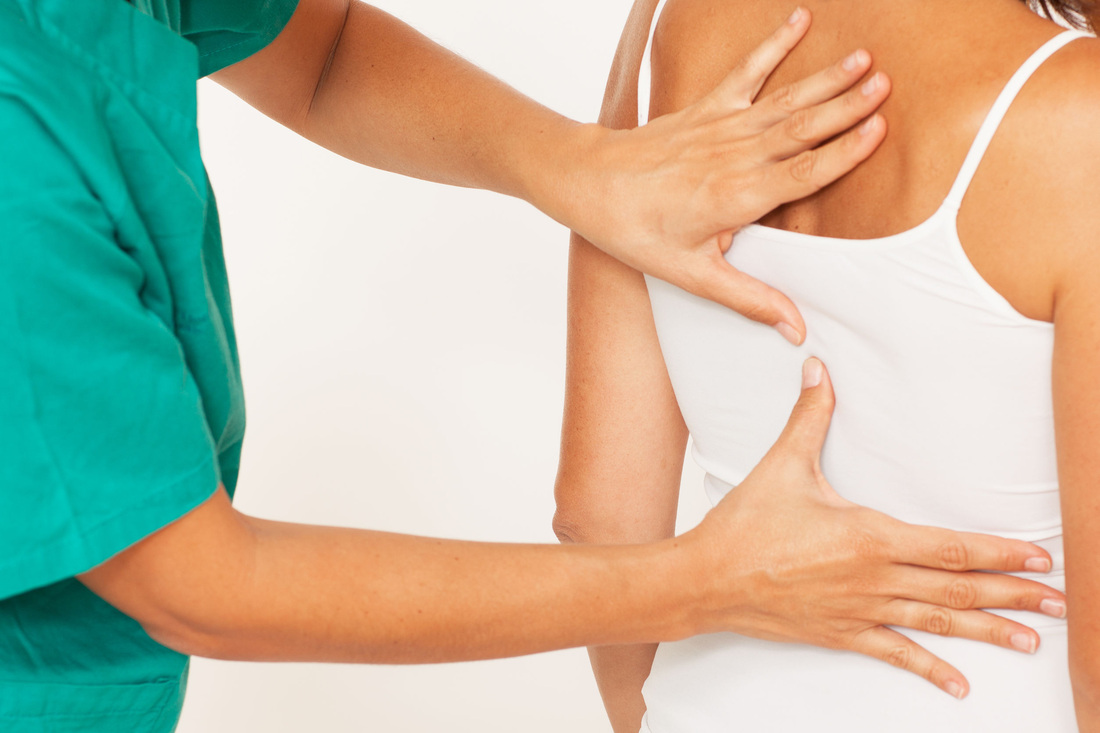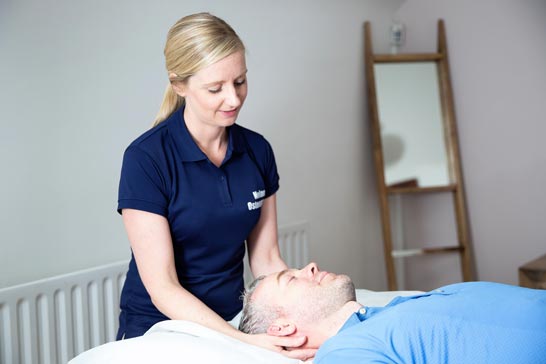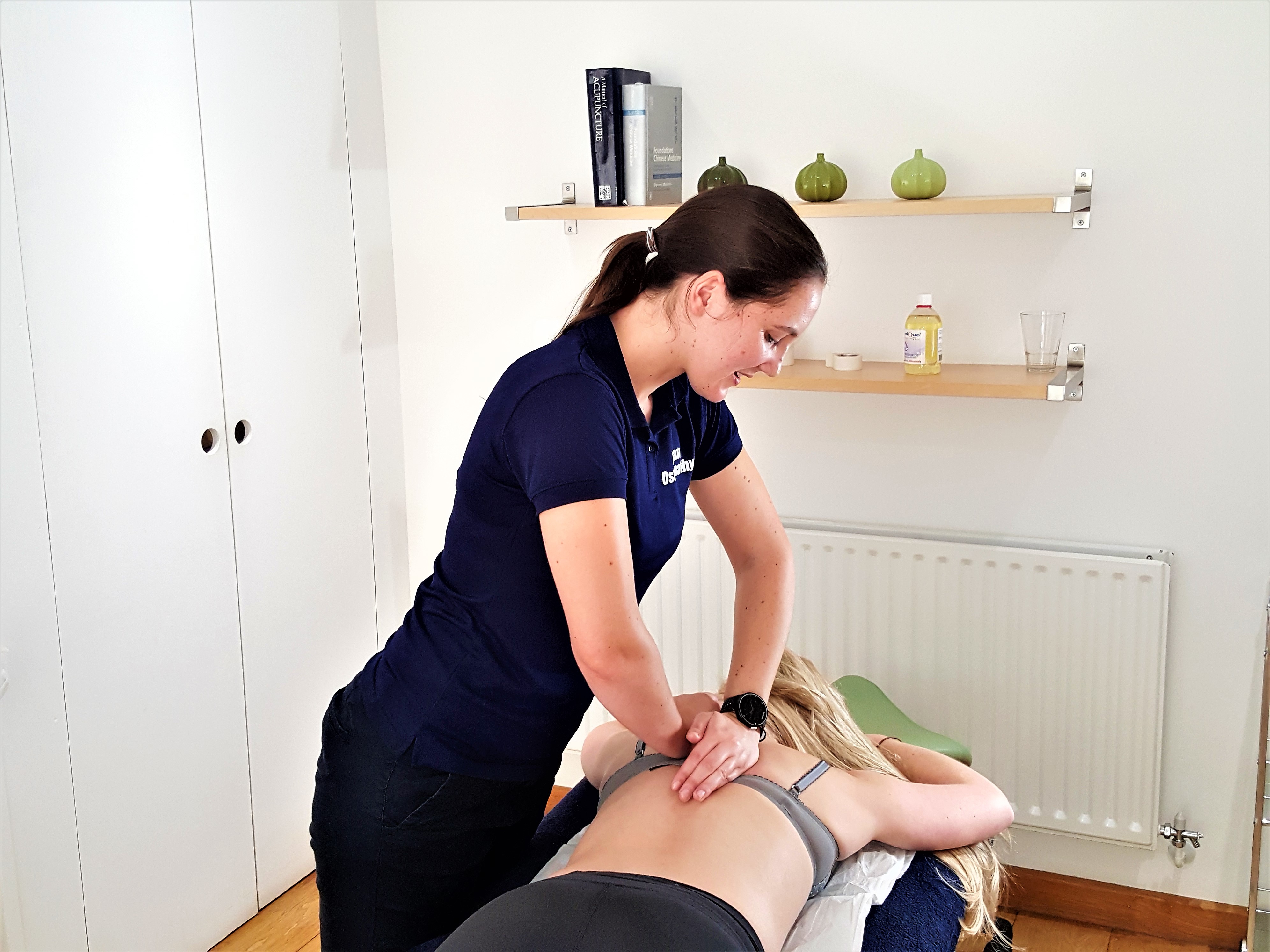Caring for young children without putting your health at risk
August 1, 2016
Maria Nolan

Looking after youngsters can be a very physically demanding job. Sleepless nights, endless crying and frequent nappy changing are a given, but many parents are not prepared for the physical challenge of looking after a toddler or young child. Using poor technique to lift and carry your child can lead to musculoskeletal pain, with the most common injuries being;
Shoulder Pain – The trapezius muscles of the shoulder and upper back are vulnerable to strain and can become tight with the repetitive carrying of a young child and from lugging around car seats, baby bags and buggies.
Back Pain – As your child grows the pressure on your body, especially your spine, increases from the weight of carrying them. We frequently hear the phrase “lift with your knees” but very few of us pay attention until it’s too late.
Sore Pelvic Joints – We usually hitch our pelvis up to one side to act as a platform when the child grows into a toddler and is too big to carry in our arms. The sacroiliac joint at the base of the spine can become compressed and painful. It can also irritate the nerves in the area, including the sciatic nerve, frequently resulting in a sharp or shooting pain down the affected leg.
The good news is that there are some simple things that mums and dads can be doing to help relieve pain and improve their posture to reduce the potential for injury. Here are our top tips;
- Lifting your child: The best technique when lifting your child is to bend the knees into a squat position. Keep your child close to you and lift using the knees, while keeping your back straight. Buckling a child into a car seat can also lead to injury due to twisting awkwardly. Get into the habit of moving the front car seat forward so you have more room.
NEVER bend from your hips or try to pick up your child with your arms outstretched.
NEVER twist while lifting. Lift fully and then turn.
- Carrying your child: When carrying your child, try and remember to switch sides regularly so your dominant arm isn’t holding the child all the time. You’ll prevent straining the dominant side and also build up the muscles on your non-dominant side. Carrying the child on your front can take the pressure off your sacroiliac joints, but it can place increased pressure on the lower back muscles. Switching the position regularly will dissipate the weight throughout your body and minimise the stress on your lower torso.
- Breastfeeding: Always ensure you are sitting upright in a chair with a supportive back. Use a pillow to provide further support. Lift your baby to the breast rather than leaning over and bringing the breast down as this could potentially lead to neck and shoulder pain.
- Kneel or squat if possible: Many parents pick up injuries by not kneeling or squatting in front of their child for simple tasks such as tying their shoelaces, putting on their clothes or even picking up their toys.
- Work on your core: During pregnancy the abdominal muscles weaken so it is vital to find ways to strengthen them again. Pilates and yoga are brilliant for this. There are also lots of examples of core exercises and stretches online.
- Take your time: Many injuries are caused by rushing around and lifting heavy objects such as push chairs and car seats. Take your time, lift properly and get into the habit of giving yourself a buffer to allow for unforeseen problems that may delay you.
It is also worth mentioning that due to the physiology behind childbirth, women may be more susceptible to injury in the months after giving birth. This is because of the hormone Relaxin, which causes a loosening of the ligaments in the body in preparation for birth. It can take up to two years for Relaxin levels to drop – particularly if breastfeeding – so the risk of injury is heightened during this period.
I hope you found this information helpful and interesting. If you have any questions about the above, please don’t hesitate to get in touch by calling 01491 281 972 or 075 9109 4223 and we will be happy to help in any way we can.
Matt





